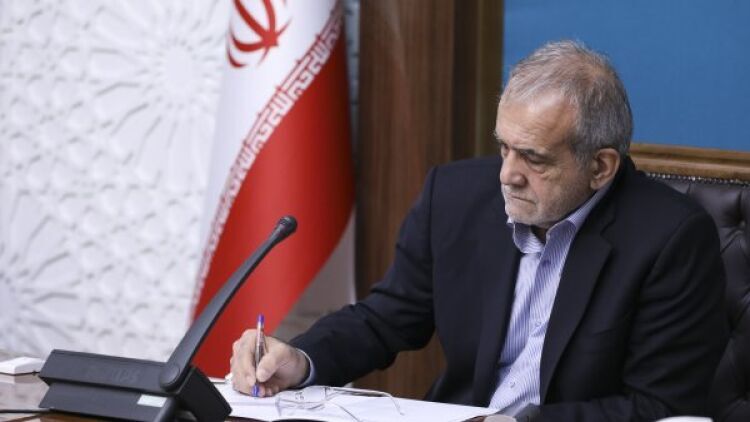
Similar Posts
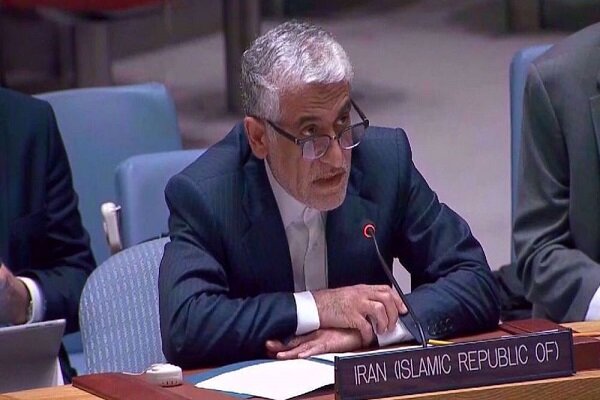
Iran’s Envoy Rejects US, UK, and French Claims at UN Meeting: A Strong Stand Against Allegations
During a recent Security Council meeting, Iranian Ambassador Amir Saeid Iravani addressed accusations of Iran’s inadequate cooperation with the International Atomic Energy Agency (IAEA) raised by the US and its allies. Iravani criticized the US for using the Council to further its agenda and emphasized that Iran’s nuclear program is peaceful, backed by a fatwa against non-conventional weapons. He defended Iran’s compliance with the Joint Comprehensive Plan of Action (JCPOA) and stated that the US bears responsibility for the current situation after its withdrawal in 2018. Iravani called for unbiased adherence to international law and emphasized Iran’s commitment to its rights amid ongoing sanctions.
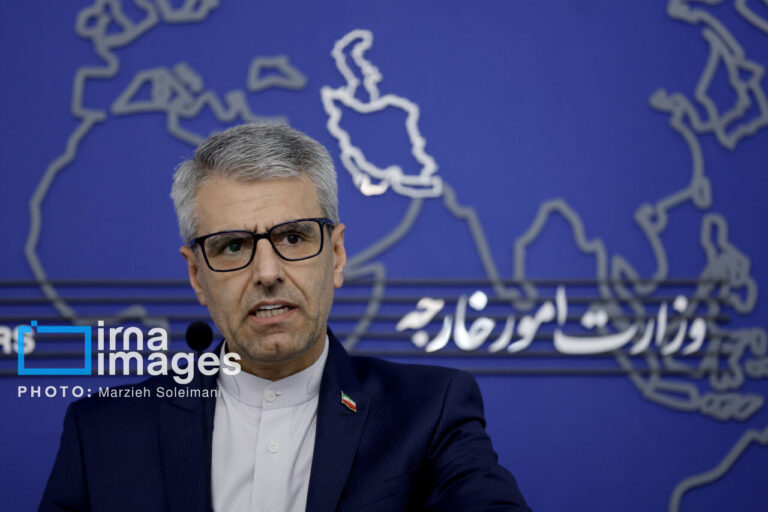
Iran Slams Israeli Regime’s Ruthless Assaults on Yemen: A Call for Global Awareness
The situation in Yemen has escalated due to military actions by the Israeli regime, particularly targeting the port of Al-Hodeidah. Foreign Ministry spokesperson Esmaeil Baqaei condemned these actions as crimes and violations of international law, asserting that they threaten Yemen’s critical infrastructure with U.S. support. He highlighted these attacks as breaches of the United Nations Charter, which protects national sovereignty. Baqaei urged the international community to intervene and stop the violence in Islamic countries, emphasizing that regional stability can only be achieved by addressing the broader issues of genocide and accountability linked to the Israeli regime’s actions in Gaza.
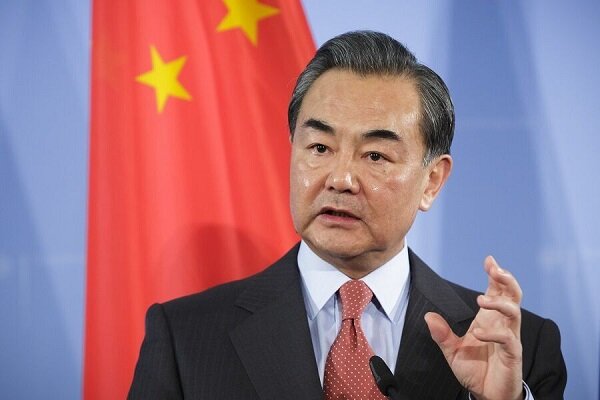
China Champions Diplomatic Solutions to Tackle Iranian Nuclear Challenge
China’s Foreign Minister Wang Yi has proposed a five-point strategy to address the Iranian nuclear issue during discussions with Russian and Iranian counterparts in Beijing. He called for a collective security approach, emphasizing peaceful nuclear use, respect for Iran’s rights under the Non-Proliferation Treaty, and reviving the Joint Comprehensive Plan of Action (JCPOA). Wang urged the U.S. to re-engage diplomatically and warned against hasty UN interventions that could escalate tensions. He highlighted the importance of mutual respect and constructive dialogue to achieve a stable resolution, stressing that solutions based on strength often fail to address core issues.
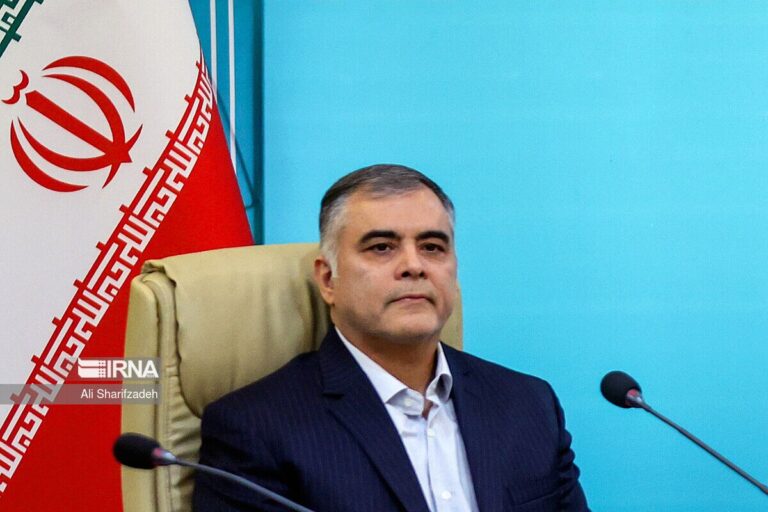
Iranian Minister: US Dreams of Halting Iran’s Oil Exports to Zero Are Impossible
Iran’s Petroleum Minister, Mohsen Paknejad, declared that the strength of the Islamic Republic lies in its people, dismissing U.S. President Trump’s goal of reducing Iran’s oil exports to zero as unrealistic. Speaking during the 46th anniversary of the Islamic Revolution in Tehran, he emphasized the Revolution’s resilience, rooted in public commitment. Paknejad criticized Trump’s maximum pressure policies as ineffective and condemned the U.S. alliance with Israeli Prime Minister Netanyahu, labeling it hypocritical. He asserted that Israel’s threats are not credible, and highlighted Iran’s self-sufficiency in the oil industry despite early skepticism from international observers.
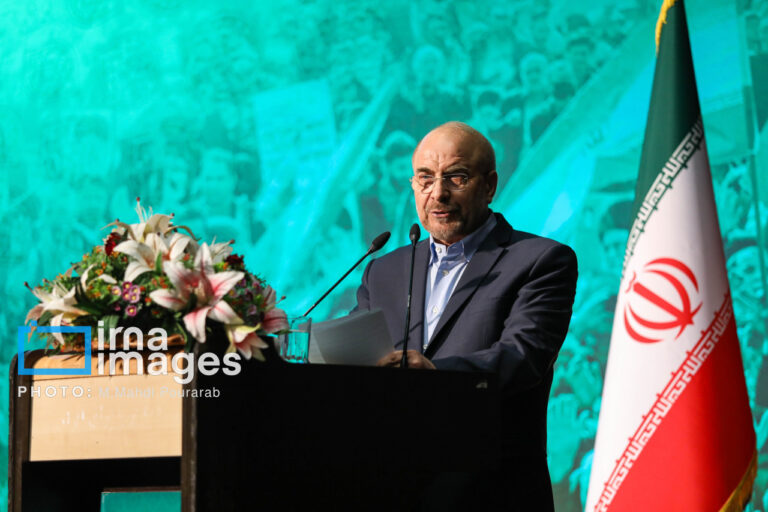
Imam Khomeini: The Pioneering Muslim Thinker Who Forewarned of the Zionist Regime, Says Qalibaf
Iran’s Parliament speaker, Mohammad Baqer Qalibaf, emphasized Imam Khomeini’s pivotal role in confronting the threats from the Zionist regime during a ceremony at Khomeini’s shrine, marking the 46th anniversary of the Islamic Revolution. He noted Khomeini was among the first Muslim thinkers to warn about these threats, citing the Shah’s ties to Zionists as a key motivator for Khomeini’s uprising. Qalibaf expressed confidence in Khomeini’s vision for the liberation of al-Quds, criticizing Zionism as the source of global corruption. His comments reflect a commitment among Iranian lawmakers to uphold Khomeini’s principles during the Ten-Day Dawn observance.
